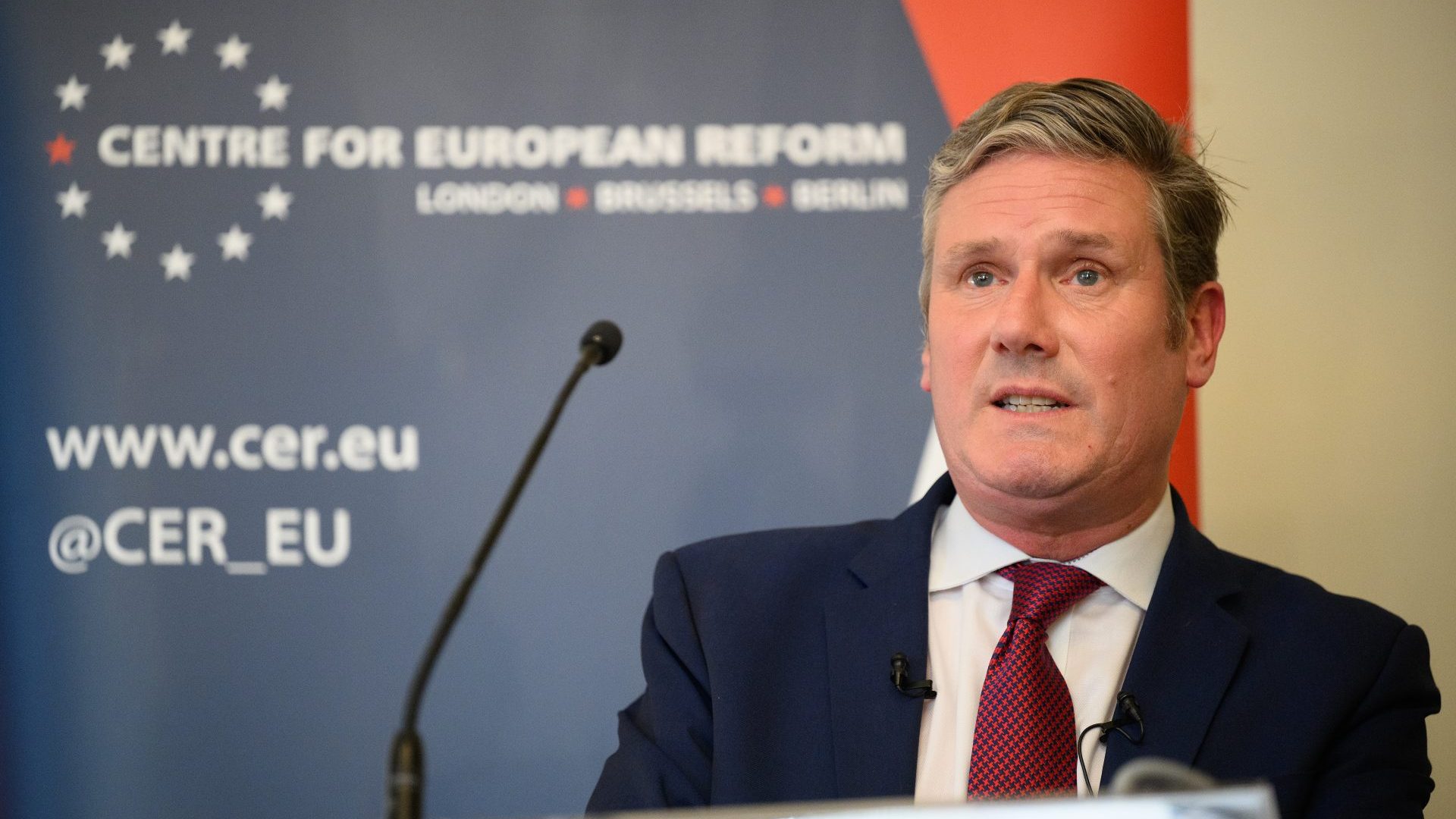Whilst there hasn’t been much talk of Brexit in this election campaign, the prospect of a Labour win has raised hopes of deeper cooperation with the EU in areas ranging from trade to security to opportunities for young people. But expectations of quick fixes are misplaced.
Take youth mobility. Much talk has been about the lack of provisions for young Brits and Europeans to study and work across borders post-Brexit. It is one of the few areas where EU negotiators recognise they failed to deliver on their mandate. The UK’s chief negotiator Lord Frost, who rejected the inclusion of a mobility chapter in 2020, later acknowledged this was ‘too purist’ and argued these issues should be revisited.
And yet, the Commission’s recent proposal to enable EU and UK citizens aged between 18 and 30 to spend up to four years in the UK or an EU member state was immediately rejected by both Conservatives and Labour. The current government prefers bilateral deals over an EU-wide one and
has tested the waters with a handful of member states. Labour said it considered the offer as ‘synonymous with freedom of movement’, and therefore rebuffed it.
To be clear, the Commission is not proposing freedom of movement. But from the UK’s perspective, it is a maximalist proposal, with no quotas, free access to the NHS, and ‘home’ tuition fees. It also goes beyond the UK’s existing youth mobility deals, offering preferential terms for young Europeans.
It’s not hard to see what Labour are doing. The party wants no ambiguity about its red lines: no single market, customs union, or freedom of movement. For its part, the EU is anxious to ensure an EU-wide approach, even in this area where the division of competence between Brussels and
member states is far from clear.
The EU must have known Labour would be forced to issue a rejection so close to a general election. The fact they went ahead shows how much they prioritise internal unity over British sensibilities.
It means that both sides have made it more difficult to reach a quick agreement after the elections. Labour’s position may of course soften in government. Partly because it will be tricky to negotiate any of the trade easements the party wants without giving something in return. Partly because the party’s core voters are likely to favour a youth mobility deal. But its initial (hawkish) response will make this harder.
Security cooperation is another area where both sides recognise the mutual benefits to be gained from cooperation. Russia’s war in Ukraine has reinforced the sense that they share the same security
interests, and this is often seen as a basis for a deeper security relationship. Various European party manifestos ahead of the EU elections called for closer ties with the UK. The Labour Party says it wants a ‘security pact’ with the EU.
Again, however, good intentions may not suffice.
Post Brexit, and in the face of crises ranging from COVID to Ukraine to the souring of relations with China, the EU has increasingly emphasised the need for greater self-reliance. Its pursuit of ‘strategic autonomy’ has a protectionist tilt, meaning protection of EU industries against those of non-
members. Take the EU’s nascent defence industrial strategy. The aim is to enhance the competitiveness of the EU’s domestic industry through more joint procurement from EU-based suppliers.
Building enhanced military capabilities to enable Europe to defend itself is an enormous task. It is even harder to imagine without UK participation. And yet, the EU’s strategy is currently limited to those in the Single Market and Ukraine. The UK’s defence industry is largely excluded. It is unclear whether external pressures (such as a second Trump presidency) could change this.
Meanwhile, Labour shows worrying signs of not fully understanding the limits of what might be available to a country outside the club. The party’s interest in ‘regular’ access to EU Foreign Affairs Council meetings was reportedly dismissed by EU diplomats. The Political Declaration on the future of the relationship – which was agreed by both sides in 2019, and then discarded by the UK – stipulates that the UK may, ‘where appropriate’, be invited to informal Council meetings. This is not the same as the more routine participation that Labour appears to be after, and which is reserved
for members. The EU, at its own discretion, will likely be open to inviting the UK Foreign Secretary on certain occasions (as it does with the US Secretary of State) but is unlikely to create something more bespoke which would diminish the value of EU membership.
And of course, while looking to deepen the relationship, a Labour Government will also have to manage the existing one. The current arrangements on fisheries and energy, for instance, must be renegotiated in 2026. The issue of Gibraltar has yet to be settled.
Meanwhile, Northern Ireland might provide a source of continued tension. The so-called consent vote on the Protocol is due later this year (and at regular intervals after that) and will serve to keep inter-community tensions over the Brexit deal bubbling away. The applicability of some parts of EU
law in Northern Ireland raises the prospect of recurring flashpoints.
Labour will have to dedicate substantial time and resources to navigating these challenges if it is to realise its vision for closer relations. The question is to what extent it will be able (and willing) to do so given the huge challenges it is expected to inherit at home.
The reality of being a demandeur with limited leverage could quickly lead to disillusionment amongst Labour’s frontbench and its new MPs. If Labour is rebuffed, the party could quickly get fed up with the relationship when they realise that there is no quick fix.
Jannike Wachowiak is a researcher at UK in a Changing Europe









